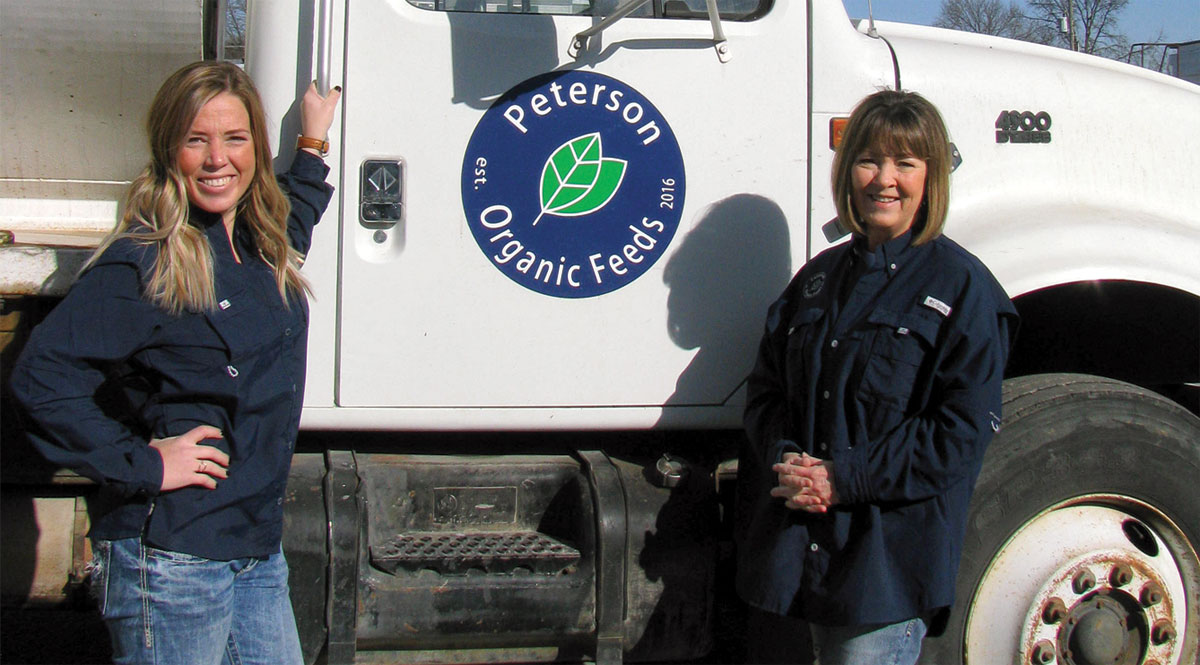
While other children dreamed of being doctors or lawyers, Cindi Darling dreamed of moving to Africa and making her living working with wildlife. While that particular dream remained unrealized, Cindi raised a few exotic animals in California but wanted to expand her operation. At the time she was especially interested in elands, a type of African antelope. Because doing so in California was next to impossible due to legal restrictions, the price of land, and the lack of water, Cindi moved to Bruner, Mo., in 1981.
The area met all of Cindi’s requirements, though she was especially appreciative because “water fell from the skies.”
“I also thought I was getting away from earthquakes but soon found I was moving from the lion’s den into the lion’s mouth because of the New Madrid Fault,” Cindi said with a laugh.
Liars Lake, the name of the exotic animal and breeding facility, began with 400 acres and expanded to a maximum of 3,300. In 2005, Cindi’s health forced her to reduce the size of her herd and sell some of her land, but she still owns 1,500 acres.
Cindi’s venture into cattle began as a joke. After a friend continually pestered her about buying cattle, she bought miniature beef cattle in 1985 in Cape Girardeau, Mo. At another sale, she discovered the African Watusi and fell in love with the breed’s large, exotic horns. She bought two bulls and two cows. Because of United States law, Watusi cannot be imported directly into the United States from Africa though offspring of animals imported into Canada and Europe can enter the country. The most desired animals have bulbous horns which are rather like “sweet potatoes on steroids” and lyre-shaped horns with their graceful upward curves. Depending upon marketing, genetics and color but especially horn circumference, length and shape, the cattle now sell from $2,500-$10,000.
Sometimes Longhorn breeders will buy the Watusi as unusual yard art to draw customers. Still others are purchased as a hobby part of a larger herd. Watusis are also crossbred with Longhorns for commercial beef, though Cindi prefers using Charolais.
“Watusis produce the best hamburger on the planet,” Cindi said. Cooking Watusi roasts in a crockpot produces a lean, tender and full-flavored shredded meat.
According to Cindi, Watusis have a bad reputation because they are fast, athletic and agile, and able to jump a 6-foot fence from a standing position if riled. Their basic temperament, however, is gentle, especially when with the herd.
Watusis have an extremely strong herding instinct.
“First time heifers will often calve right with the herd because they don’t want to leave their buddies,” Cindi said.
Counting Watusi herds is an easy task because they stay so close to each other they almost touch. Another characteristic of the breed is that what to see are both browsers and grazers. Cindi supports grazing with hay she purchases locally.
Watusi handle heat extremely well. On the other hand, but because they are a tropical species, they don’t build up internal body fat or hair. Therefore, by the end the winter, they may appear all skin and bones, and sickly looking, but because they are a wild breed which means they are hardy, the breed endures stressful conditions well and require little intervention. In order to help these animals compensate for the winter, Cindi provides shelter with a waterer immediately outside. If Watusi have to go out to drink, they will frequently forgo water in order to avoid the cold.
“The exotic breeding business is much the same as raising livestock,” Cindi said. “You learn by trial and error and have to use common sense. One of the most important things is to talk and visit with everybody because everybody has something to contribute.”
Cindi is proof that this system works. She has never had formal education in the exotic breeding area but successfully runs a wide variety of animals including zebras, lemurs, elands, elk, red deer and miniature Mediterranean donkeys, as well as Watusi, Brahma and other unusual cattle breeds. Brahma are popular with petting zoos who buy them as babies and keep them for one season before selling them to cattlemen who can successfully breed a cow for up to 25 years since Brahma are another of the hardy African breeds. Cindi also has a small commercial herd with seven mommas and six replacement heifers. Some calves she sells and some she backgrounds.
“The small commercial herd is like a bank account,” Cindi said.







